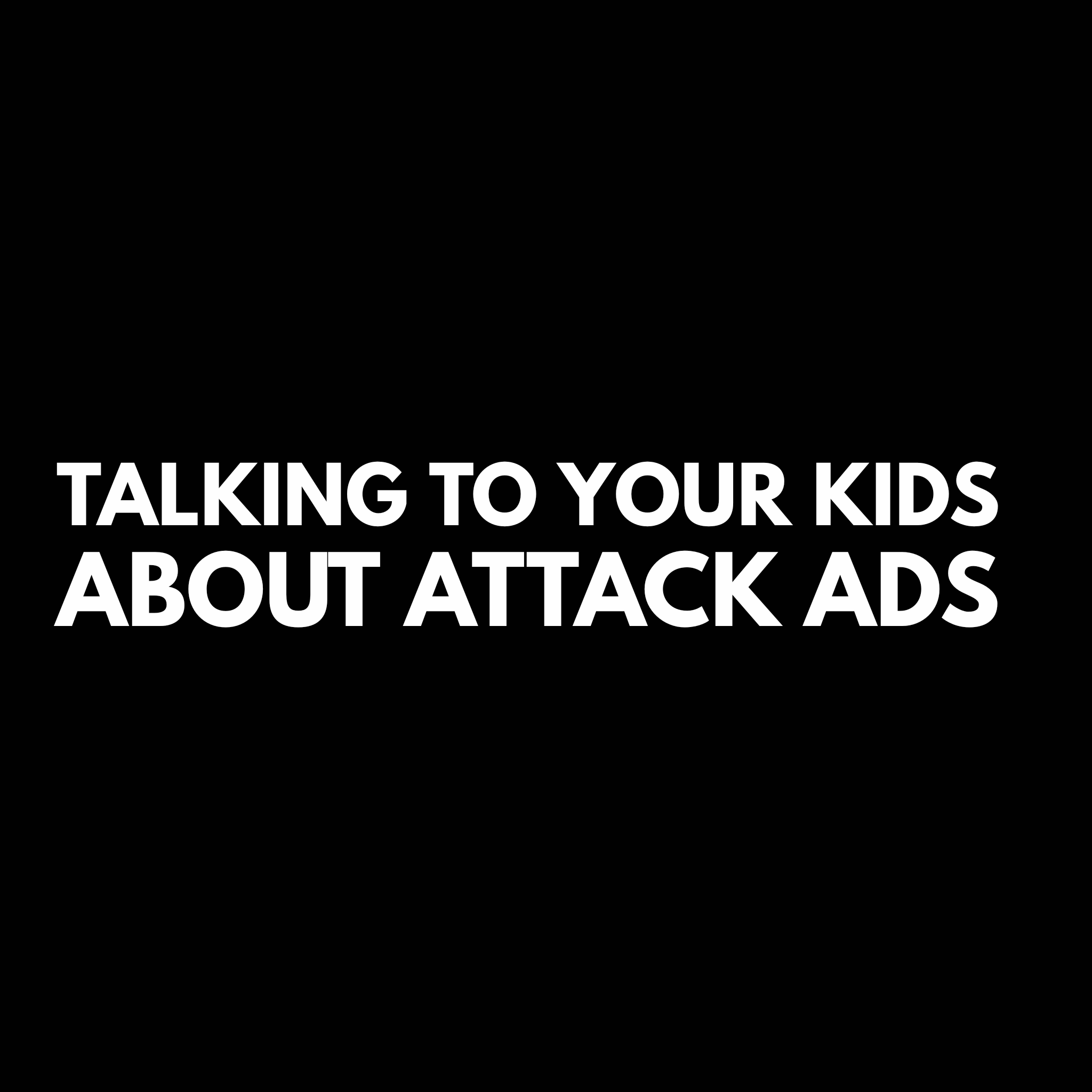
Three ideas for talking with kids about attack ads – which can be very confusing and scary.
1) It could be helpful to share that one of the best ways to get someone’s attention is through outrage. Fake news travels 6x as fast as real news because it’s more shocking. Outrage works really well at getting attention because the emotions overcome us, like “can you believe that?! He did that?!”
2) Attack ads almost always feature highly misleading info. For example, let’s compare it to a fight with your sibling. He grabbed the toy out of your hand, so you pushed him, then he kicked you. When mom walks in, your brother defiantly proclaims “she pushed me!” How do you feel when your brother tries to be the victim – saying something accurate (“she pushed me”) but that absolutely does not tell the full story? That’s similar to attack ads. They’re quick to say really bold statements like “she voted against helping people with COVID” which may be true, but you need to understand WHY. When you go deeper, it may be because she voted for a different plan.
Similarly, let’s flip it around – when you’ve been in a fight with your brother, have you ever presented the facts differently? It is very tempting because you want to win, having the other one seem to be the villain. That’s why it’s so tempting to run attack ads.
3) Attack ads often feature visual effects to make someone look worse then they really do – taking color out of the picture or playing it in slow motion to make someone seem older or have cognitive impair. For instance, there is one running locally with a woman laughing, but they’ve slowed it down, taken out color, and overlayed a cackling laugh, while saying this is how she feels about a really serious issue. Maybe you and your kids can be sleuths and watch the ads a few times to try to identify all the effects they’re using to make us feel outrage.
We hope those are helpful thoughts. one bright side is that election season is almost over, at least for most positions. I’m thankful though that this is bringing up this conversation because our kids will be exposed to these kinds of things online all year long, so it can be a powerful way to have this conversation.